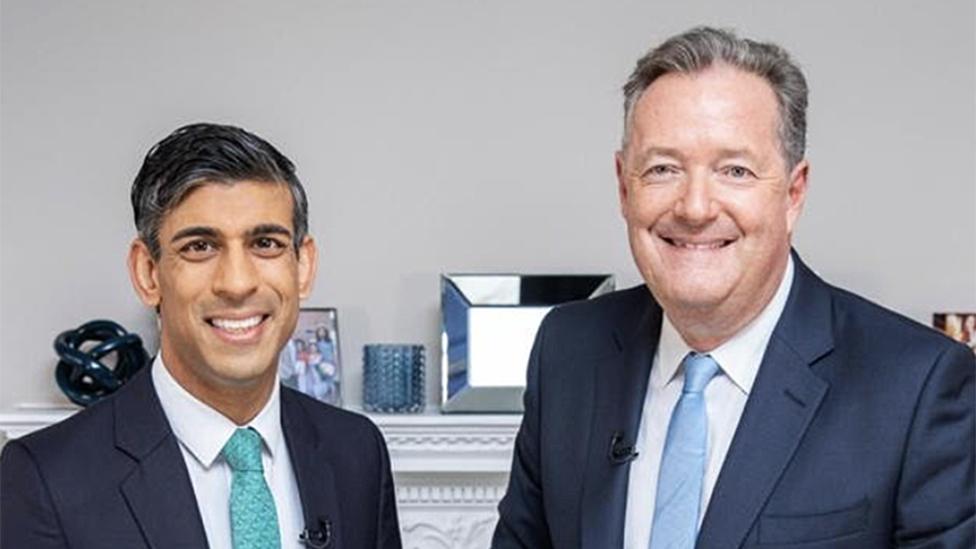Five things about Scottish politicians' tax returns
- Published
Nicola Sturgeon has published her tax returns for the years since she became Scotland's first minister, and has urged other politicians including PM Rishi Sunak to follow. With Scotland's other party leaders also releasing their financial documents, what have we learned?
1. There's only one source of income
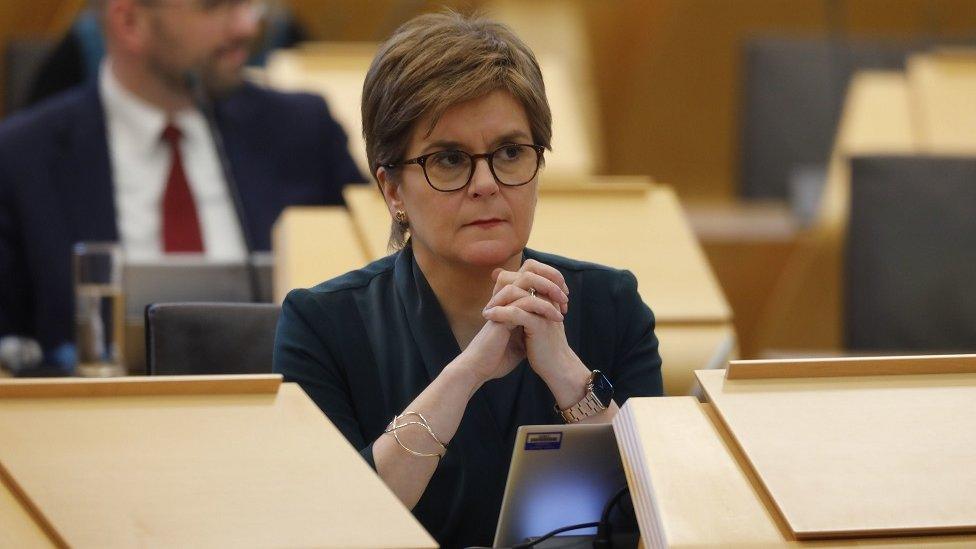
Nicola Sturgeon earns income from her political role
The paperwork for Nicola Sturgeon, external shows she has one regular source of income - her role as an MSP and first minister.
That paid her just over £140,000 in 2021-22, and she paid just over £51,500 in income tax.
The salary for MSPs has gone up over the years, meaning Ms Sturgeon's pay has ticked up slightly too.
But Scottish ministers agreed to effectively freeze their additional pay since 2008-9, back in the early days of the SNP taking power at Holyrood.
They are still taxed on the full amount, but send an extra chunk back to the Scottish government for public spending so that their take-home ministerial pay remains at the level it was 15 years ago.
The SNP said Ms Sturgeon "donates around 20% of her salary entitlement back to the public purse".
2. Nicola Sturgeon puts a lot into her pension
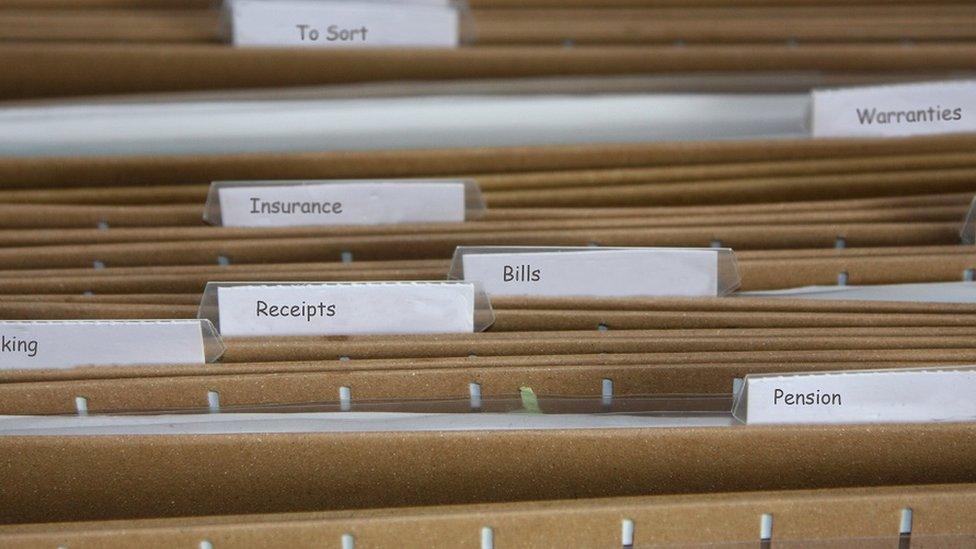
Saving for her years after politics appears to have been a financial priority for Ms Sturgeon
There has been much debate about Ms Sturgeon's future in recent years, and what she might contemplate doing with her life after politics.
These returns show she has been putting plenty aside, having paid large sums into her pension fund each year.
In 2021-22 that came to £58,331, and in 2015-16 Ms Sturgeon paid more than £93,000 into savings.
That incurs a tax bill in itself, given the annual tax-free allowance for pension contributions is £40,000.
In the "any other information" section on Ms Sturgeon's 2020/21 tax return she says: "I can confirm I have now brought forward allowances from previous years and as a result a tax charge of £8,799 arises. I have requested that this is met by the Scottish Parliamentary Pension Scheme."
The total amount she has put into her pension since becoming first minister runs in excess of £450,000.
3. Bank account number
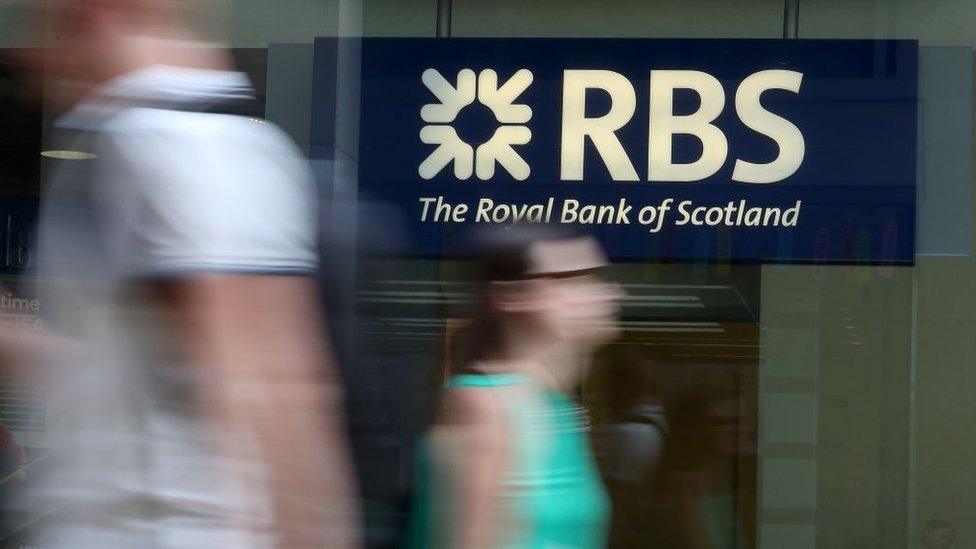
The first minister's bank details were on the early published version of her tax return
The SNP published Ms Sturgeon's tax returns on Monday morning, shortly before a Q&A session with the media.
However, by the time the session started, the documents had been taken down again - because they had inadvertently failed to redact some of the first minister's personal information.
One of the documents had failed to blank out details including her Bank of Scotland account number and the tax reference of her pension scheme.
The papers reappeared a short time later with the offending information scrubbed out.
4. Willing to be transparent - about some things
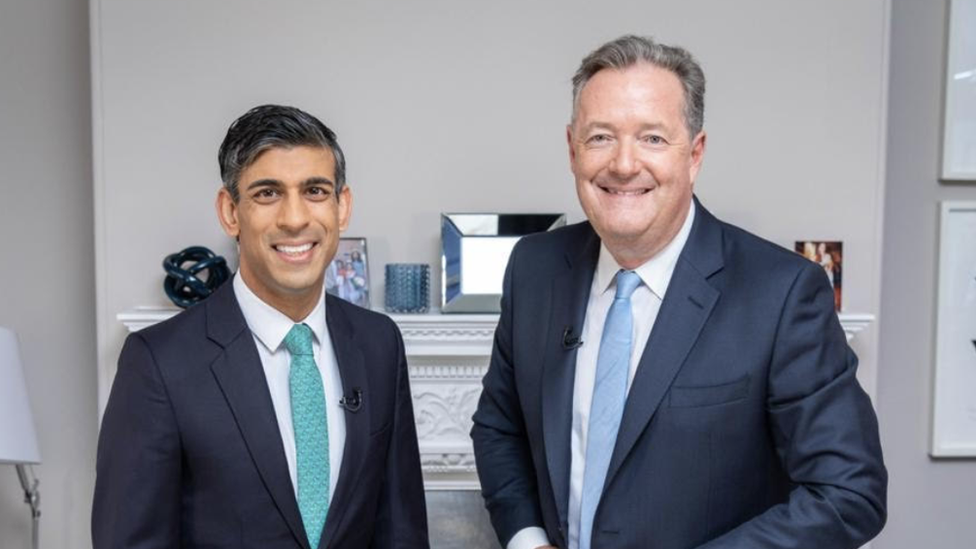
PM Rishi Sunak told Piers Morgan that he would publish his tax return "soon"
There are two reasons why Ms Sturgeon has published her tax return.
The first is fairly simple - because she was asked to. She first published her returns in 2016, in the wake of the Panama Papers revelations, and was recently reminded of her commitment to do so on an annual basis by the media.
The second is more political. She wanted to put pressure on Prime Minister Rishi Sunak to publish his returns, which may be somewhat more complex than her own.
At her Q&A on Monday, the first minister also called for the Conservative and Labour leaders at Holyrood to publish their tax information.
However, she was decidedly less happy to talk about the finances of another SNP figure - her husband Peter Murrell.
As chief executive of the SNP, Mr Murrell made a loan of £107,000 to the party in 2021 to help with "cash flow" following a Holyrood election campaign.
Ms Sturgeon said she could not recall when she first found out about the loan, and insisted that "what he does with his resources is a matter for him".
5. What about other leaders?
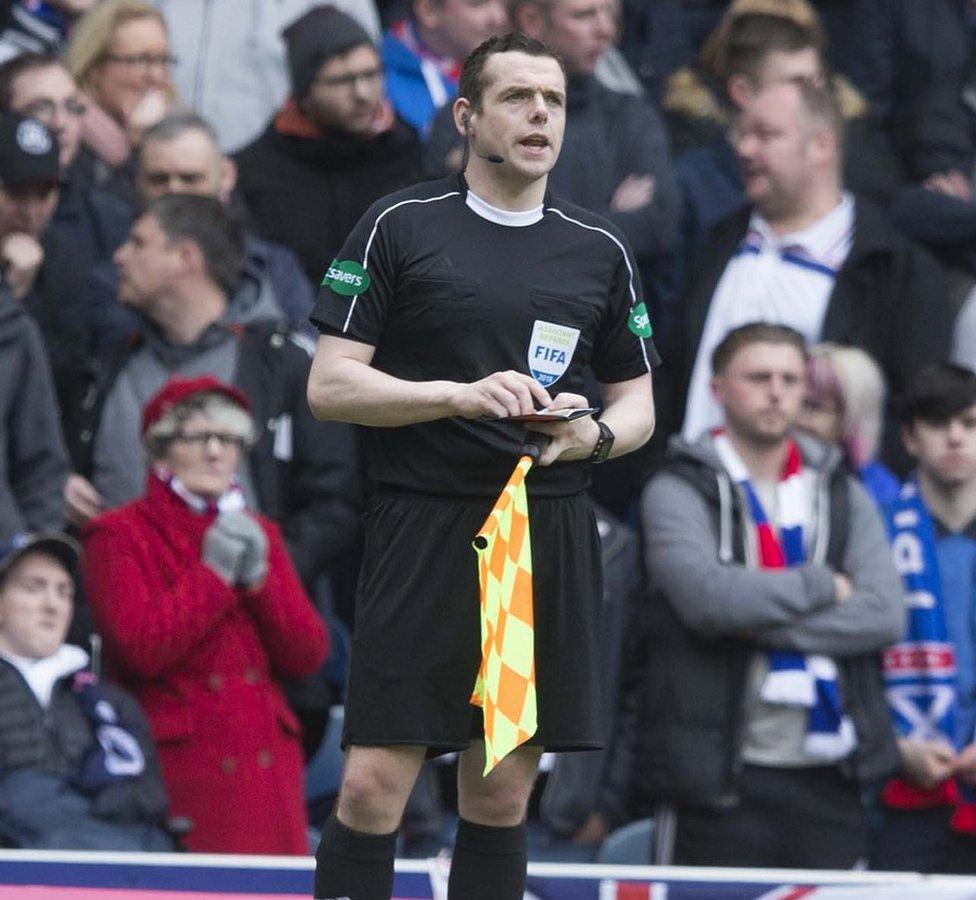
Scottish Conservative leader Douglass Ross is a football referee as well as politician
In response to a challenge from Ms Sturgeon, Scottish Conservative leader Douglas Rosspublished his tax return later on Monday, external.
It details his earnings as both an MP and an MSP. His MP salary was £72,821, but he was paid a much-reduced rate for his Holyrood role - at £17,223 - on account of his dual mandate. He donates his MSP salary in full to charity.
Mr Ross also has a sideline on the sidelines as a football referee, having acted as a linesman at matches from Scotland to the Champions League.
His tax returns include a business section for "referee services" - although no earnings have been logged, given Mr Ross was out injured last year.
Scottish Labour leader Anas Sarwar has also released his tax return, which included his wage as an MSP and that he was a director of the Sarwar Foundation - but "received no payments of any kind".
Scottish Lib Dem leader Alex Cole-Hamilton has also revealed his most recent return, which included his MSP salary and property income of £2,820.
Meanwhile the two leaders of the Scottish Greens have also released their tax papers, external, with Patrick Harvie reporting his salary as an MSP and junior minister in the SNP-Green administration,
However Lorna Slater, who became an MSP during the 2021-22 tax year, also declared income from her previous job with Orbital Marine Power - which included private health insurance.
The Greens said Ms Slater had continued to pay for a private health insurance policy after moving into politics because she has a "complex medical history".
- Published3 February 2023
